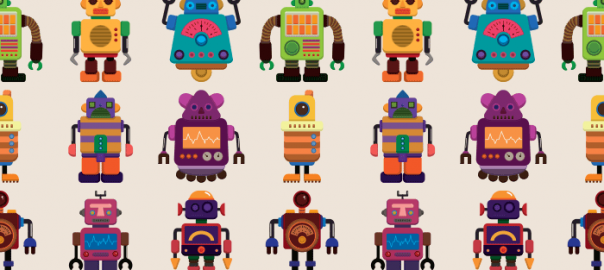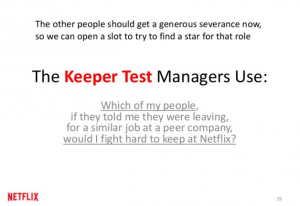
Self-service has become the name of the game for the modern consumer. People now prefer seeking answers on the web—it minimizes the interaction necessary to resolve an issue and fits in this era’s mold, moving us toward increased automation and reduced human contact. This evolution in service preferences raises important questions about the future of customer service and how the man and the machine both fit into it.
Trending Toward Tech
A Forrester consumer study found that customers now use online FAQ pages more often than they speak to a support agent over the phone. This is the first time self-service has edged beyond an assisted customer service channel, and it’s just the beginning. Virtual assistants, online forums, guided training tools, and the like are not just desired but expected, as nearly 3 out of 4 customers prefer to solve issues on their own. Customers want access to information when they want it and how they want it, and when self-service isn’t an option, it reflects poorly on the company.
The growing expectation for speedy, independent, and high-quality customer service is especially true of Millennials, whose lives have been dominated by new technology. If you’re inclined to dismiss this as a youthful preference, think again. A Nuance survey notably concluded that Millennial opinions on customer service have a significant impact on those of all generations. The study also found that 87% of consumers say customer service has a significant impact on the decision to do business with a company. Where price and convenience once prevailed, customer service has become the primary deciding factor—a make or break for the modern consumer.
Why Self-Service Works
The evolution toward self-service can be daunting for old-school companies with support structures built entirely around human contact, but if there were ever a time to reform customer service practices, it’s now. Beyond increasing customer happiness, retention, and revenue, self-service reduces the time employees spend answering phone calls, email tickets, and chat requests. It also opens up new opportunity for customer content optimization, which, when done right, proactively educates the masses rather than fielding one customer at a time.
As a whole, the consumer preference for self-service enables companies to reap astounding new rewards as their customers help themselves:
- Websites and apps provide hands-off pre- and post-sale guidance, boosting customer success.
- Blogs and newsletters keep customers clued in on product updates and entice leads toward a purchase.
- FAQ pages and online support centers build customer trust and improve company transparency.
- Mobile apps increase customer loyalty, marketing/advertising opportunities, and revenue.
The Internet of Things provides companies with growing technology and channels through which to maintain contact with consumers. There are now almost 5 billion devices connected to the internet, and mobile devices are the most common in the digital world. Apps that allow people to share experiences are fast-growing, building trust between brands and consumers, who desire instant access to info and engaging user experiences.
Humans Are Still Irreplaceable
In just two years, product quick views on luxury brand websites shot up from 19% to 76%, and FAQ pages saw a similar rise. So where does human contact pay off when even luxury brands, typically slow to diverge from their high in-person standards, have begun to embrace human-less contact? Klaus Schwab, founder of the World Economic Forum, suggested in a recent TIME article that a resurgence of desire for personal contact may be the key to humanity’s endurance in the face of growing technological supremacy. People are capable of layering everyday customer transactions with meaning and imbuing faceless companies with that quality technology still lacks: humanity.

(68)








